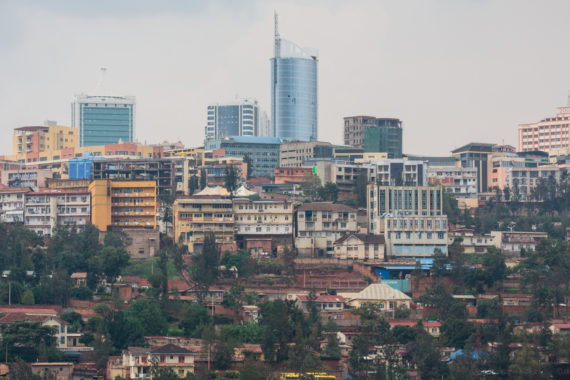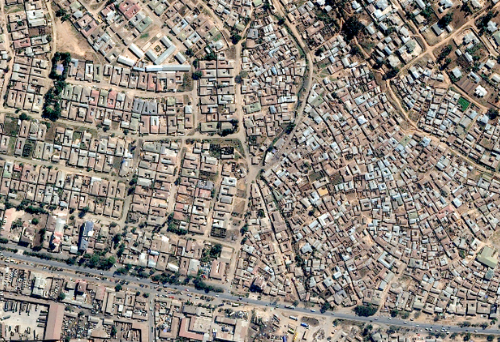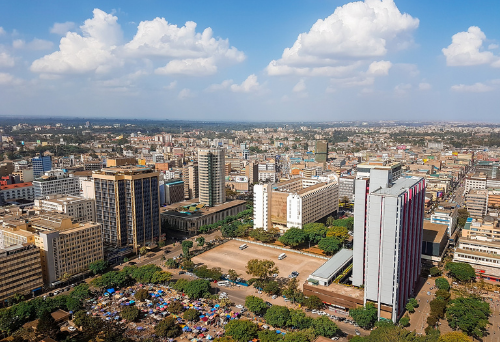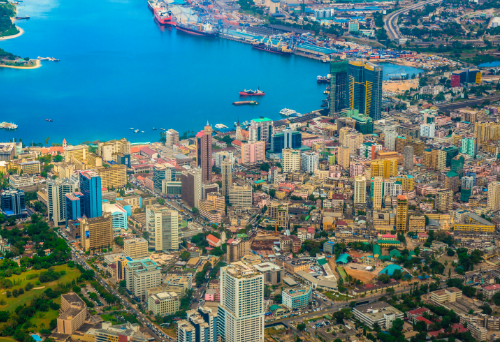Harnessing the potential of urbanisation in Africa: Raising capacity of local governments
The success of urban policies depends on municipal and state capacity. Government in Africa, especially at the local level, suffers from low fiscal capacity, but there are signs of improvement. We have seen through this series that government policy has a role to play in ensuring that cities develop productively. However, without public funds and…




